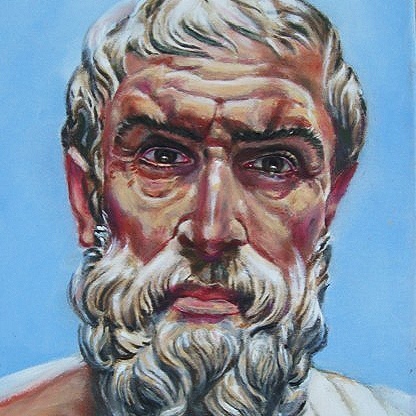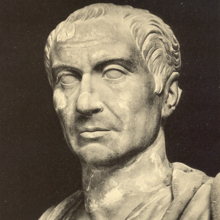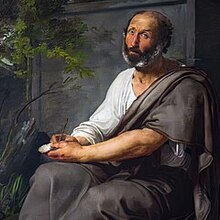
Personal
Other names:
Job / Known for:
Founder of Epicureanism
Left traces:
Epicurean texts and philosophy
Born
Date:
-341
Location:
GR
Samos, Greece
Died
Date:
-270 (aged 71)
Resting place:
GR
Death Cause:
Kidney stones
Family
Spouse:
Children:
Parent(s):
Neocles and Chaerestrate
QR Code:
Show More
Article for Epicurus
Died profile like Epicurus
Comments:






